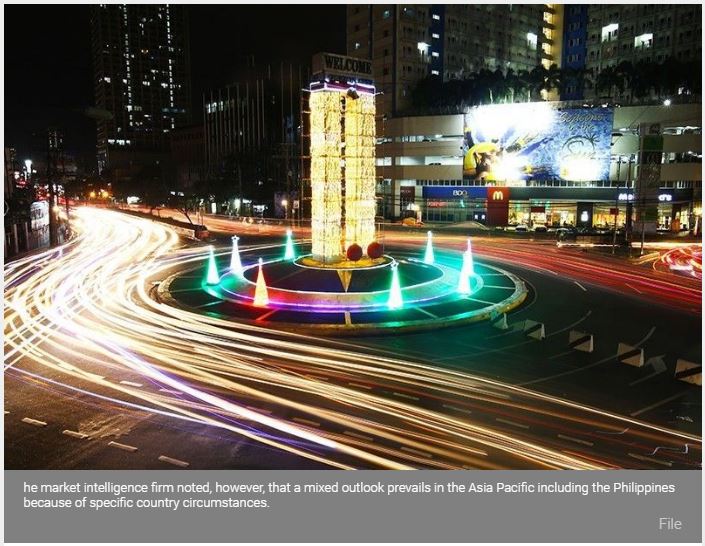Philippines: Central banks seen turning dovish over ‘uneasy’ economic conditions
MANILA, Philippines — Key central bank meetings worldwide this week are likely to result in a dovish shift in policy environment as economic managers become “uneasy” about global economic conditions, IHS Markit said in a research paper.
The market intelligence firm noted, however, that a mixed outlook prevails in the Asia Pacific including the Philippines because of specific country circumstances.
“The coming week sees key central bank meetings in the US, UK, Brazil, Japan and several other Asian countries. Central bankers face growing unease about the global economic environment and are widely expected to tilt to the dovish side as downside risks prevail amid concerns about the impact of trade frictions and geopolitical uncertainty,” it said.
It noted that after the European Central Bank (ECB) announced it is open to new stimulus, markets have priced in several rate cuts from the US Federal Reserve this year and put in expectations of new stimulus measures from the Bank of Japan.
In Asia Pacific, the central banks of Taiwan, Thailand, Indonesia and the Philippines are setting monetary policy this week.
“Analysts are eagerly watching for further signs of monetary easing. Several countries in the region recently cut interest rates to support growth in an environment where the data signaled the weakest pace of global economic growth for nearly three years,” IHS Markit said.
It noted that more central banks in the region are expected to follow recent rate cuts by Australia, New Zealand, India, Malaysia and the Philippines.
It noted, however, that “country-specific nuances” would limit the extent to which policy easing is viable.
The policy meetings this week coincide with releases of key data on inflation, trade, manufacturing and home sales “which will provide an important steer on global economic developments.”
The market consensus is divided on whether the Bangko Sentral ng Pilipinas will slash policy rates anew in its meeting tomorrow, June 20.
Headline, inflation, after all, rose at a faster pace of 3.2 percent in May from three percent in April, bringing the year-to-date average to 3.6 percent.
This, however, still sits well within the government’s full year inflation target of two up to four percent.
The uptrend was primarily brought about by faster growth in the heavily weighted food and non-alcoholic index as well as in the index of housing, water, electricity, gas and other fuels.
Arguments for a fresh rate cut include the assumption that aggravating factors for inflation in May were only temporary – such as the effect of the El Niño phenomenon on food prices – are likely to ease in the coming months.
Source: https://www.philstar.com/business/2019/06/19/1927617/central-banks-seen-turning-dovish-over-uneasy-economic-conditions#h3wBebbAwmPPs7gm.99


 Thailand
Thailand




